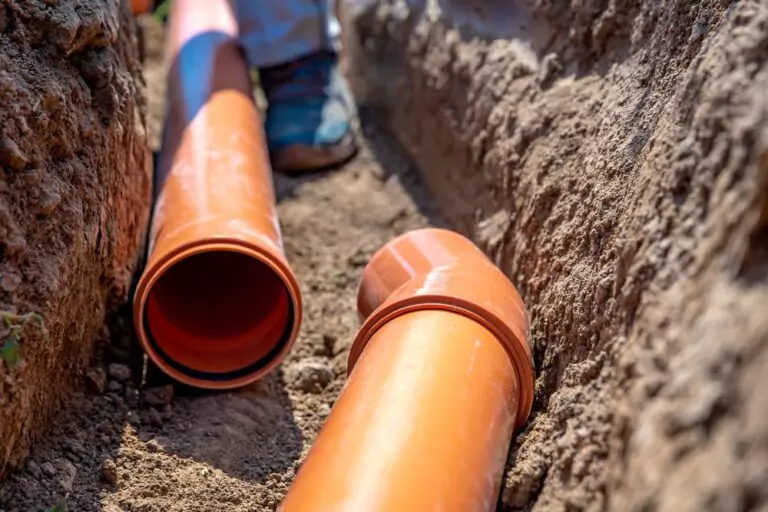Many homeowners forget the importance of septic tank risers in the maintenance of a sanitation system. These simple yet indispensable elements provide easy access to the septic tank making routine inspections, pumping, and maintenance tasks easier. When you install risers to your septic tank, you eliminate the need for excavating the ground every time a service needs to be performed. This not only saves you time and effort, but it will also lessen the disruption to your landscaping. The risers on the septic tank will also lower the chance of injury or accidents during maintenance because they offer the safety of a secure entry point into the tank.
A septic tank that is healthy is maintained through the management of the effluent. Effluent is the term used to describe the liquid waste that drains out of the septic tank into the drain field for further treatment. The mixture of bacteria organic matter, and water is known as effluent. Over time, solid particles in the effluent will settle at the bottom of the tank, forming layers of sludge. This sludge, if not eliminated quickly, will grow and create a clog within the system. It may also harm the drain field. Regular pumping and control of effluent ensures that the septic tanks function efficiently, preventing blocks and prolonging their life.

Proper drainage is a fundamental element in the operation of the septic system. When wastewater leaves your house and flows in the septic tanks it goes through the natural process of separation. Solid waste is deposited on the bottom of the tank, while lighter oils and other substances rise to the surface and form the scum layer. The liquid that remains, referred to as effluent, is discharged from the tank and flows into the drain field for more filtration and absorption in the soil. A properly-designed drainage system will allow the effluent to flow without issue, which will prevent back-ups and flooding. The drainage pipes should be free of any obstructions like branches or debris that might impair the effluent’s flow. Regularly scheduled inspections and regular maintenance of the drainage system can help to avoid costly repairs and any environmental pollution.
The choice of the correct septic tank for your house is an important decision that has lasting effects on your property’s functioning and sanitation. There are a variety of options available on the market. It’s crucial to take into consideration several aspects prior to making your choice. Determine the size of your septic tank by looking at the water consumption average of your household as well as the number of people living in the home. A larger tank is essential for a larger family or property that has frequent guests. Take into consideration the material that is used to build the tank. Plastic, fiberglass, and concrete are all common options. Each material has advantages and disadvantages in relation to durability, maintenance, and cost. Review local regulations and guidelines for Septic tanks. Select a tank that meets all requirements and adheres to any guidelines.
Consult with a professional who can install the septic tanks. They will provide you with expert advice in relation to your soil topography and type. By taking note of these aspects and other factors, you can select the correct septic tank which best meets your needs as well as ensures a stable and efficient water management system.
The correct functioning and maintenance of septic tanks as well as the efficient treatment of effluents, construction of risers, as well as ensuring proper drainage are all important elements of a healthy and reliable septic system. Septic tanks act as the main treatment system for household waste. management of effluent ensures that liquid waste is safely disposed of. Risers offer easy access to the septic tank, which makes maintenance easier and safer. Proper drainage ensures a smooth flow of effluent as well as preventing system failures. In the long run, focusing on these issues and following regular maintenance protocols will ensure that septic systems are ecologically durable, efficient, and durable. This creates a healthier and safe living environment.






